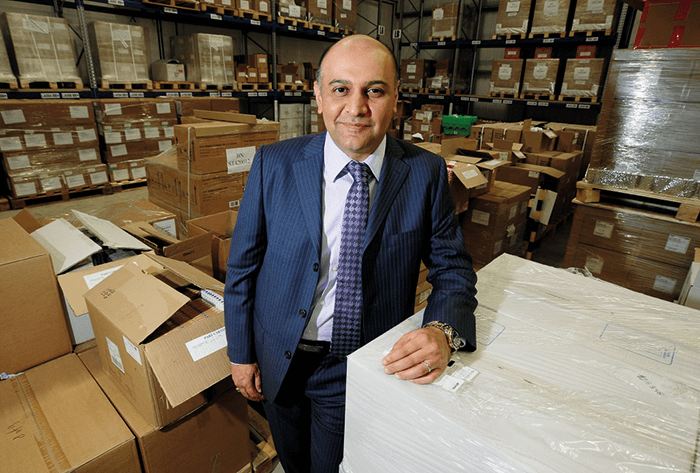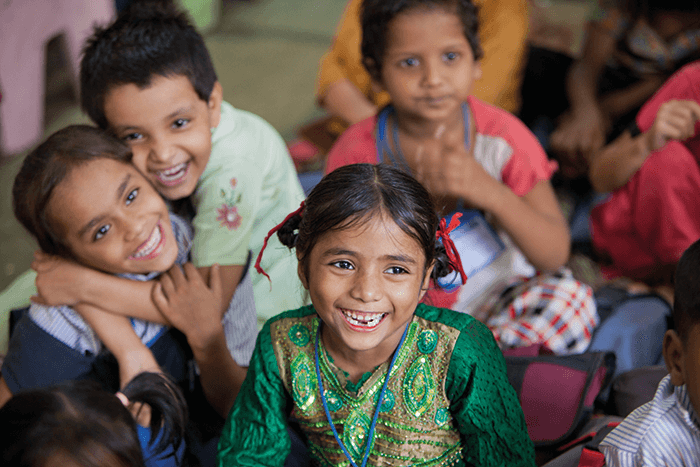In the 1990s, Nik Kotecha founded a pharmaceutical company, which today is based in Loughborough, UK, called Morningside Pharmaceuticals Ltd. Kotecha had always enjoyed giving back and helping others, so one of the aims of the business was to make a difference to the developing world by exporting high-quality medicines. “In the 1990s, there were few regulations in developing countries and most medicinal products came from the Far East or local manufacturers. These products were competitively priced and affordable for local populations, but they weren’t always made to the highest quality standards,” explains Kotecha. “We saw a niche for an export business as there was a great need and demand for high quality medicines in developing countries. The UK is well known for its medicines and high standards, and the business model of Morningside Pharmaceuticals Ltd is built around ‘Brand UK’ and the quality this represents.”
Today, the lion’s share of Morningside’s business lies in the UK market – the company conducts its own R&D and manufacturing, and its portfolio includes Morningside licensed medicines and generics for a range of different medical conditions and diseases affecting both developed and developing nations. The company’s biggest customer is the UK’s National Health Service. Despite this, the company remains committed to the developing world and has contracts with a number of non-governmental organizations, including UNICEF, Doctors Without Borders, the World Health Organization and The Red Cross. “Working with aid agencies is a personal passion. I have traveled extensively and seen the incredible work these agencies do. At Morningside, we have a department and distribution centre just for aid and we work incredibly hard to make sure agencies get what they need in the necessary timelines,” says Kotecha. “It’s very important in this business to be responsive. During the Ebola crisis, which developed very rapidly, we supplied more than 10 million examination and surgical gloves and numerous numbers of pallets of medicines – and we had to do so very quickly. When supplying products, it’s important to be thorough with the documentation required for export (easily overlooked). Finally, for medicines, there is temperature control and safe storage to consider, which is a significant challenge in countries that lack infrastructure.” Morningside’s aid to developing countries is mainly built on business contracts rather than donations. Kotecha says that donations of vaccines and other medicines definitely have a place, but there is also a need for steady business contracts so that agencies can get exactly what they need when they need it. In addition, the company has gotten involved in healthcare summits. In April 2017, Morningside sponsored the East African Healthcare Summit, where ministers of health from countries such as Uganda, Rwanda and Kenya attended to discuss the challenges in the region and where improvements could be made.






